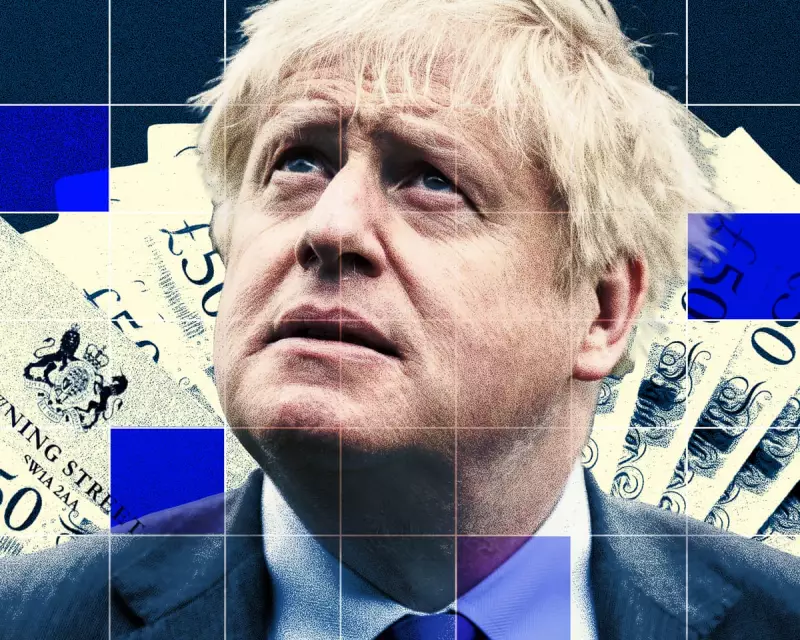
Boris Johnson has been capitalising on his network of high-level government contacts to secure lucrative international business deals worth millions, according to a bombshell investigation by The Guardian.
The Premium Access Package
Fresh evidence reveals that within months of departing Number 10, Johnson was offering foreign governments and wealthy oligarchs direct access to his successor's administration and key Whitehall figures. This access appears to have been a central selling point in his commercial pitches.
Middle Eastern Millions
The former Prime Minister's most significant engagement involves a staggering £710,000 contract with the Saudi government. This arrangement, signed merely five months after he left office, was ostensibly for "advisory services."
Simultaneously, Johnson secured a separate £280,000 deal with a Kuwaiti investment fund, further demonstrating his rapid transition from statesman to global business broker.
Whitehall's Open Door
Perhaps most troubling are the revelations about how Johnson leveraged his political connections. Documents show he offered clients:
- Direct access to current ministers and senior officials
- Meetings with the UK's ambassador to Saudi Arabia
- Strategic advice on navigating the British government
- Insights into Whitehall's inner workings
The Ethical Firestorm
These dealings have ignited fierce criticism from transparency campaigners and political opponents who argue they represent a dangerous blurring of lines between public service and private gain. The speed with which Johnson monetised his governmental experience raises serious questions about the adequacy of current lobbying rules for former prime ministers.
A Pattern of Behaviour
This isn't Johnson's first foray into controversial post-premiership activities. His actions follow:
- A £2.5 million advance for his memoirs
- Highly-paid speaking engagements worldwide
- Previous advisory roles with financial institutions
However, the direct trading of governmental access represents a significant escalation that watchdogs describe as "deeply concerning for British democracy."
The revelations pose uncomfortable questions about the mechanisms regulating former leaders' activities and the potential for undue influence on British foreign and economic policy by those who recently held the nation's highest office.





